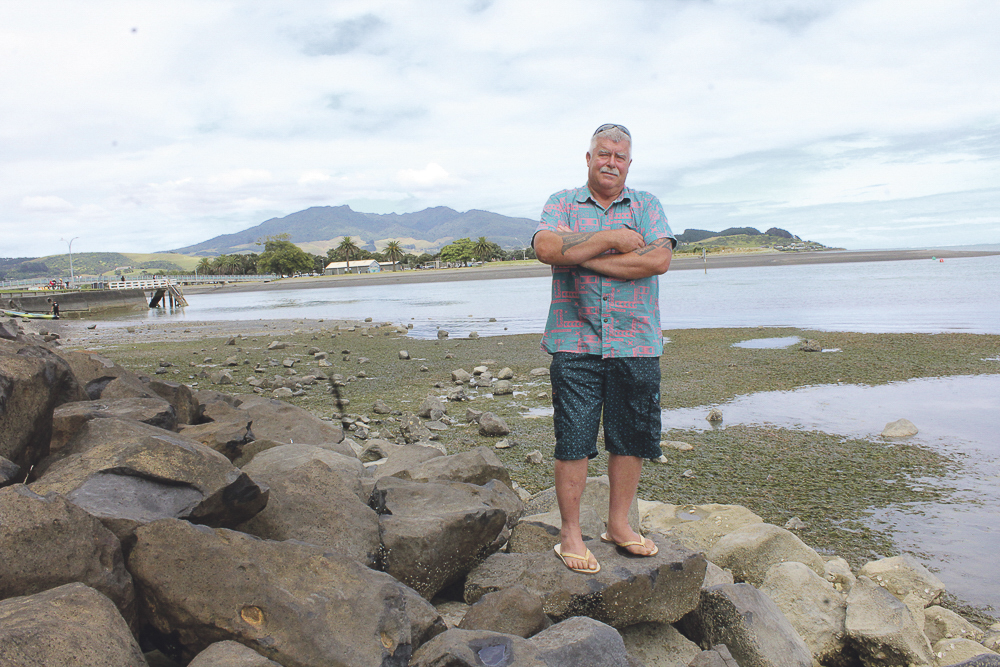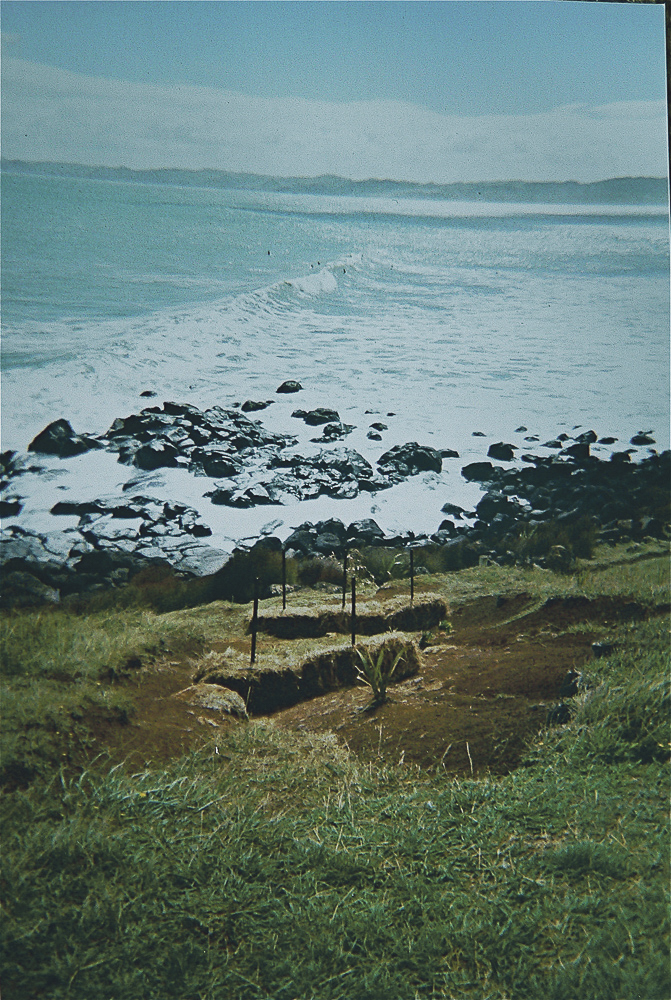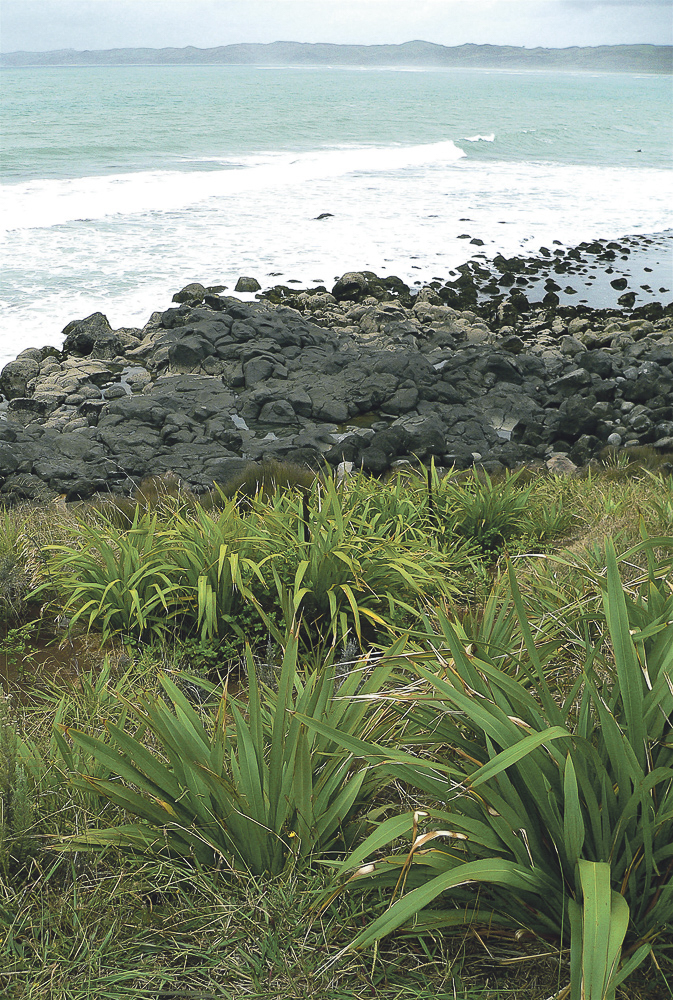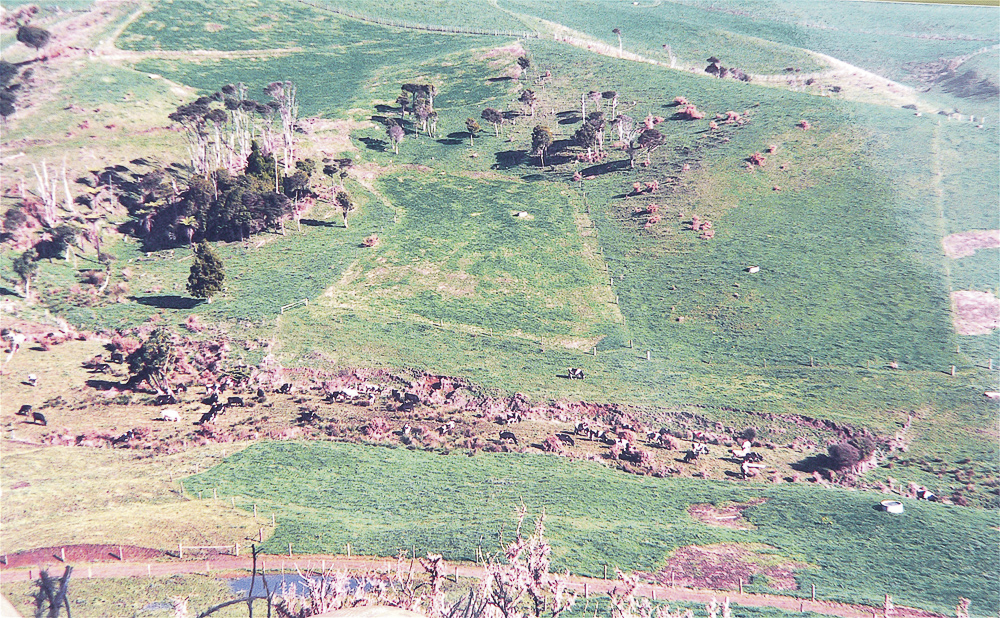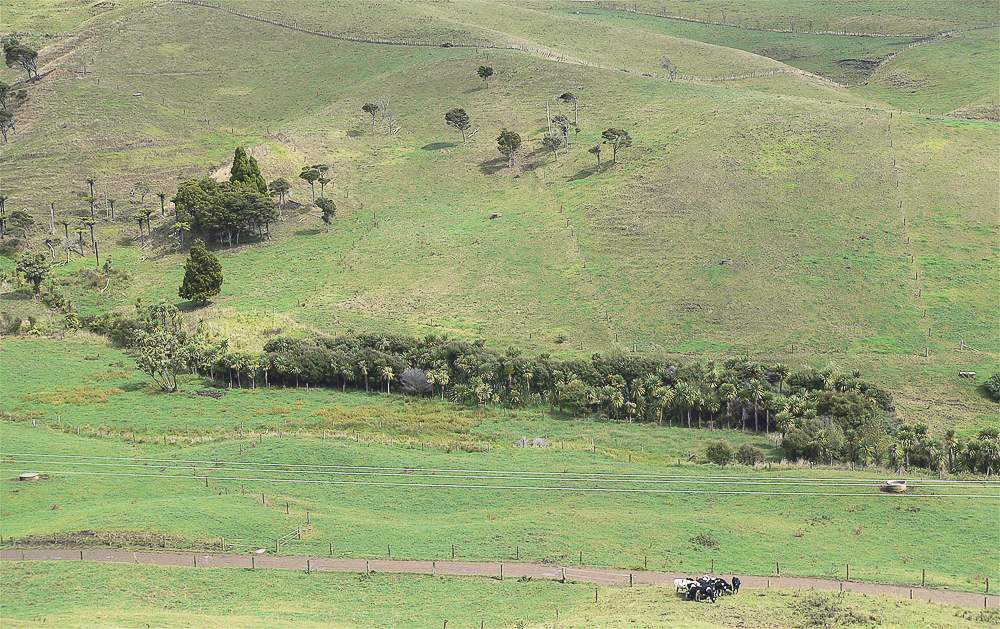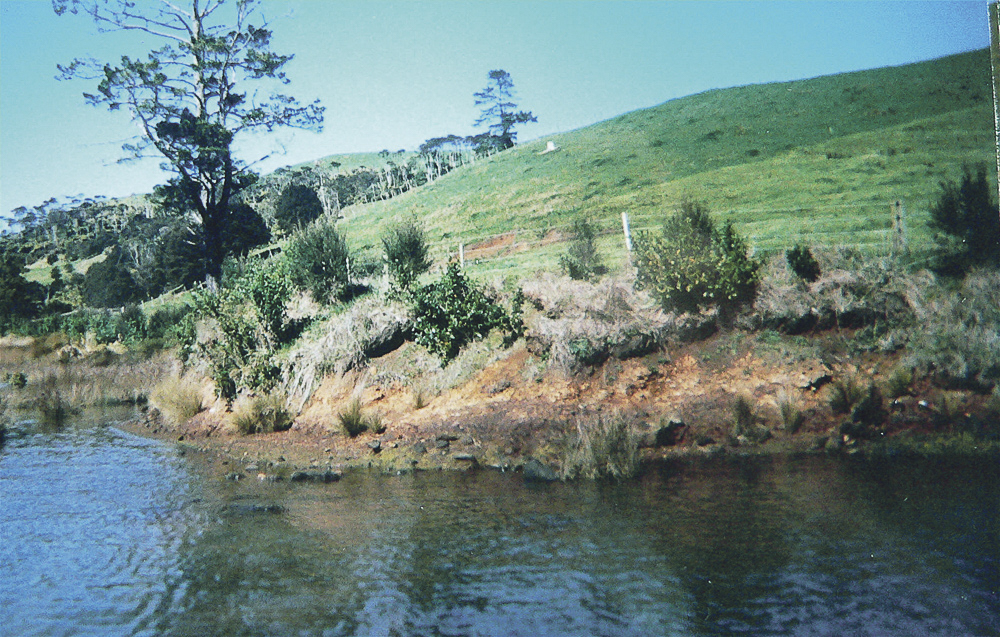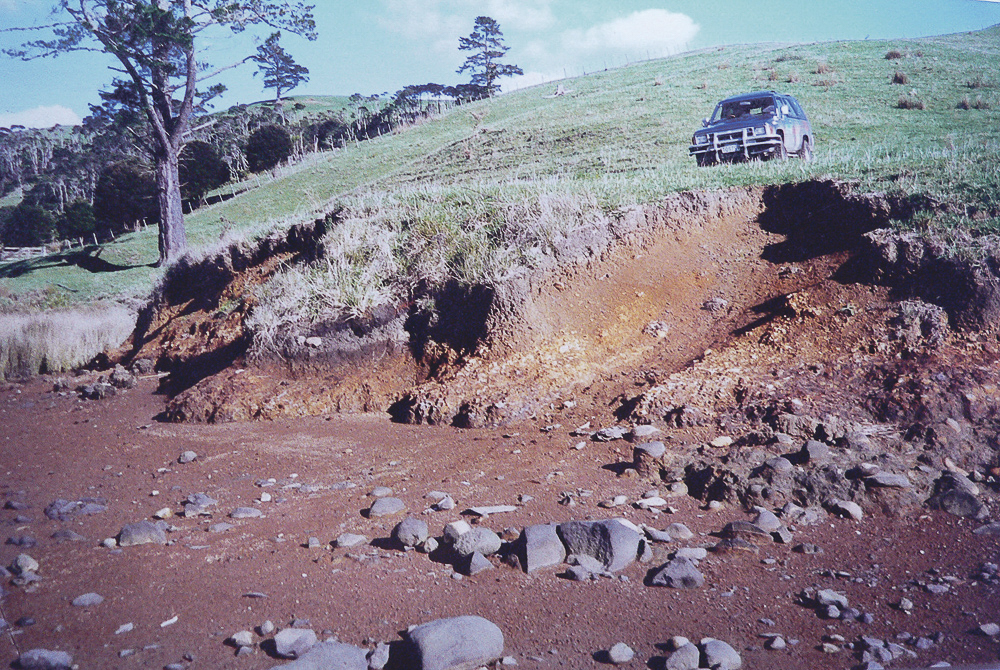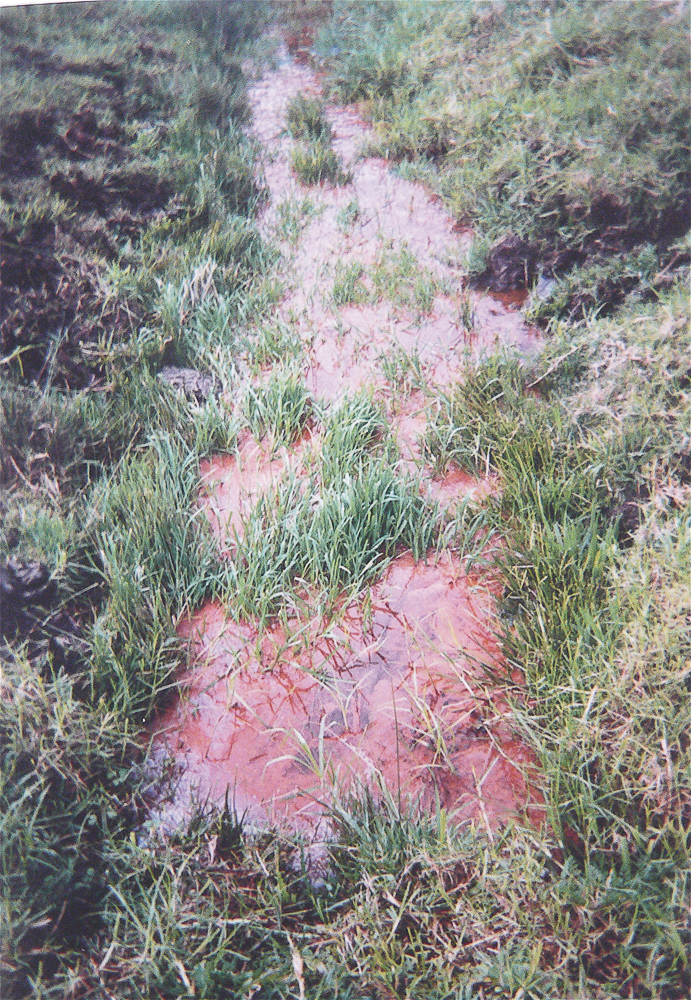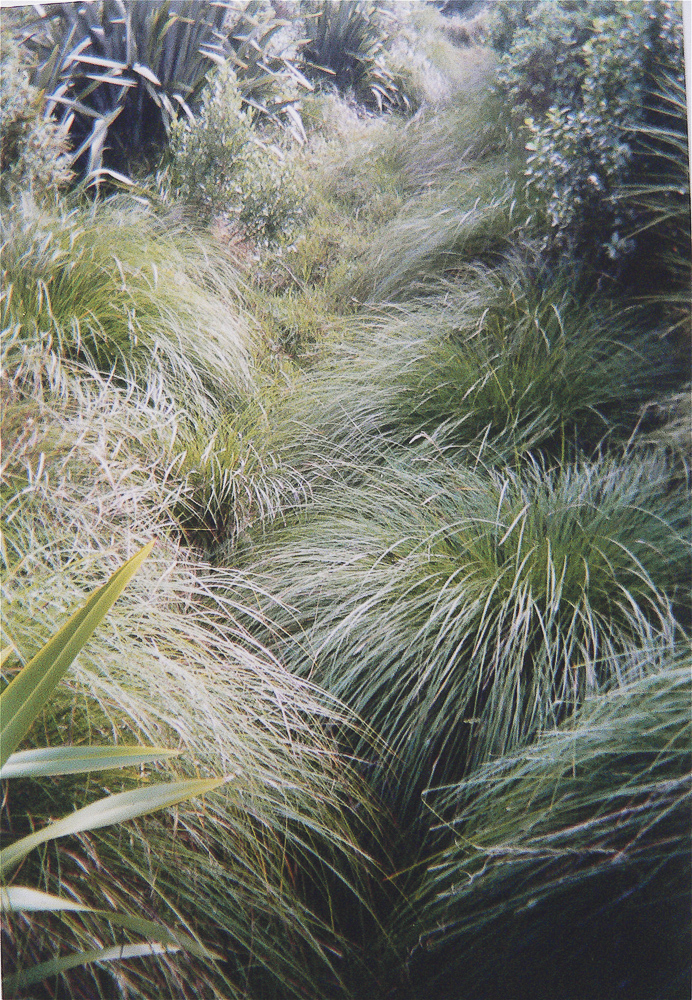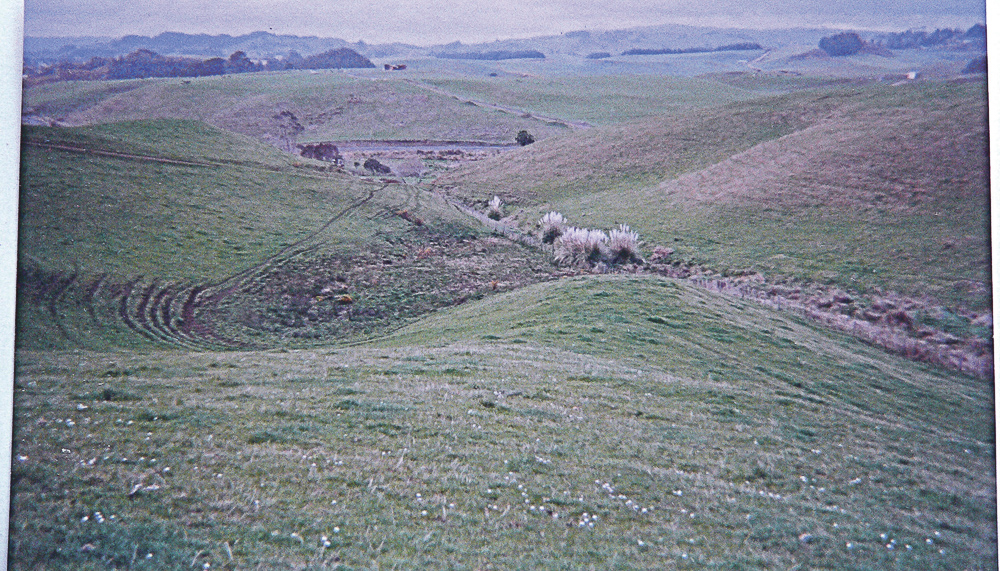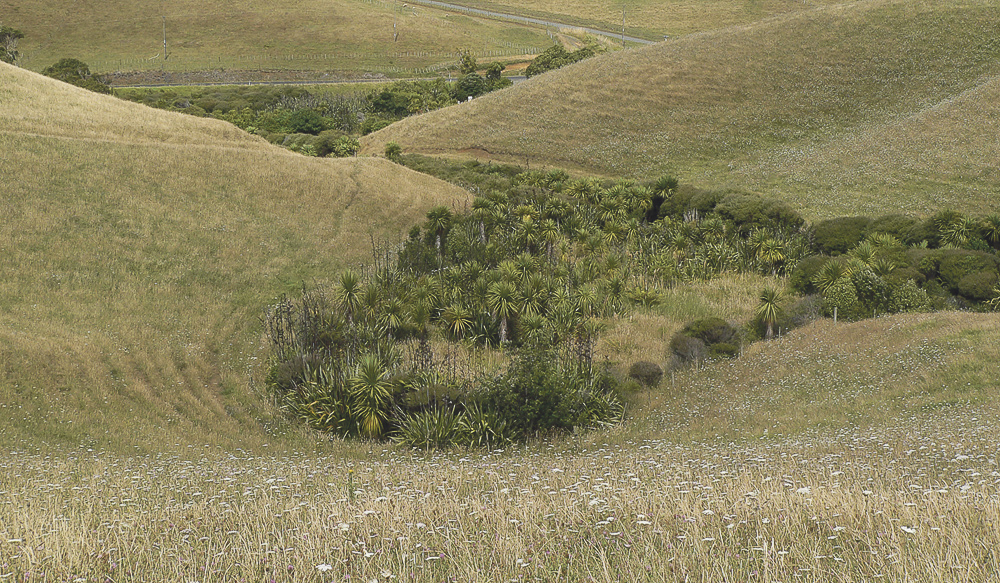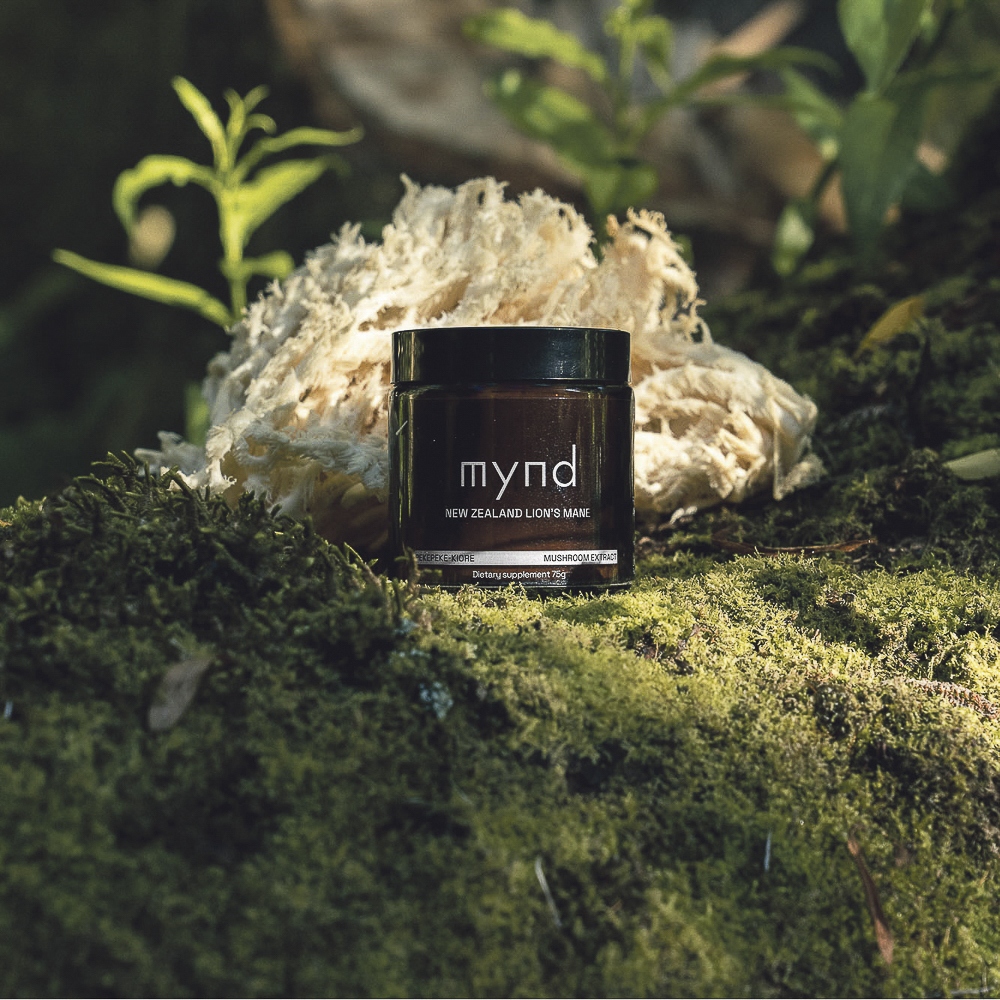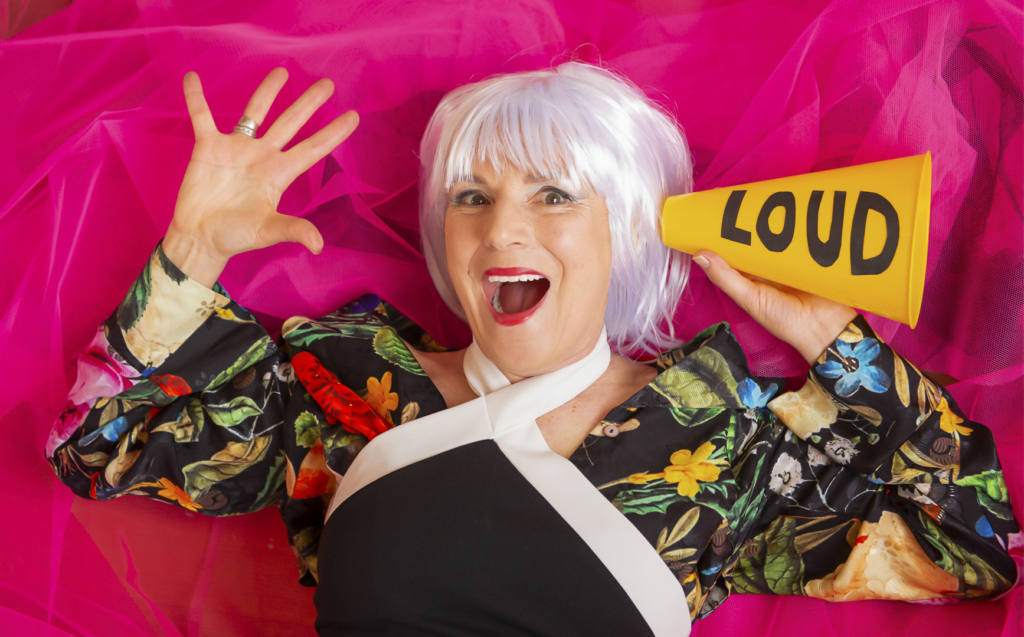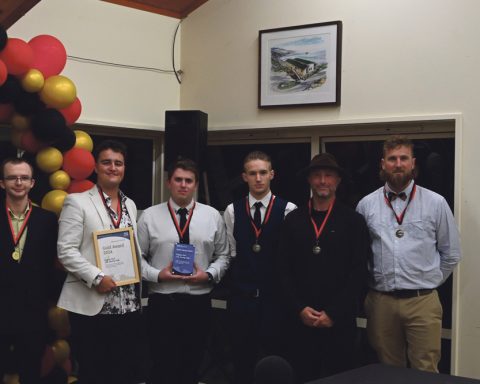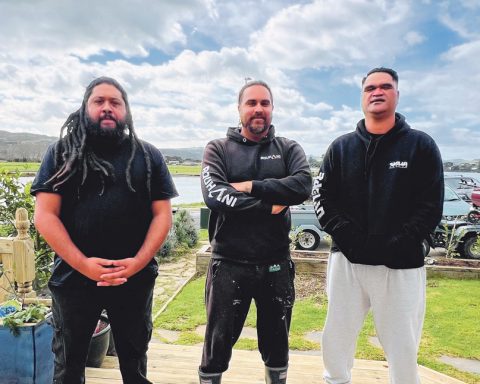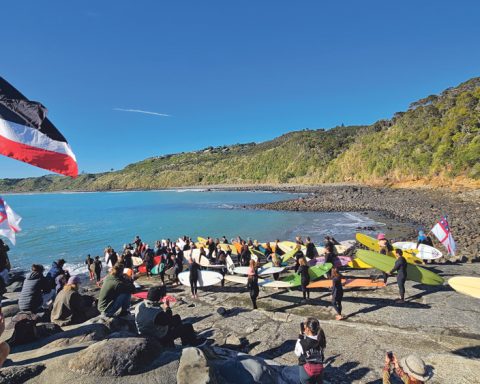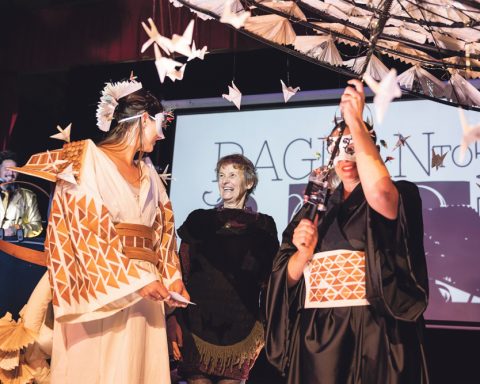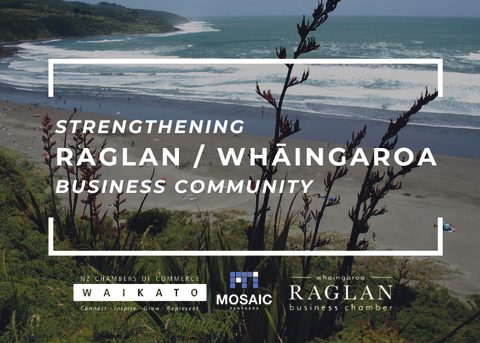It’s a bitter sweet time for Fred Lichtwark as the organisation he’s fronted for nigh on 30 years closed its doors in late January.
The last seed has been germinated, the last tree planted and Whaingaroa Harbour Care is no more.
What started when Fred placed a small ad in the local paper in 1995 – lamenting the state of the harbour – grew into a world-leading environmental restoration project.
The work of Whaingaroa Harbour Care became the focus of international studies, a blueprint for other communities throughout Aotearoa and led to the Whaingaroa Harbour becoming one of the cleanest in the country.
Around 2.5million trees have been planted in the harbour environs and Fred says it’s immensely satisfying to see the changes that have taken place over the years.
“Yeah, proud as hell to be able to change an entire landscape within a catchment, you know. It was amazing, and we started this before anyone was doing it in the whole country. We are world leading as a Harbour Care group.”
Wainui Reserve, where the first Harbour Care trees were planted, was just bare land, with streams and wetlands ruined by stock, he says.
The large stretches of seagrass evident throughout the harbour today were largely non-existent and at Manu Bay “when you looked down from the top, it was all cows. There was no vegetation, there was nothing,” Fred says.
“That was one of the first jobs we did. We got rid of the cows, put hay bales all along the slips and revegetated it. And now look at it.”
Inside the harbour, the work of Harbour Care staff and volunteers means there’s a good chance you can catch a few decent snapper; a far cry from the early days.
“You know the fishery back then; we had to close down the fishing competitions in the harbour because the winning fish in the last competition was an undersized snapper. There were eels and bugger all of anything else.
“I was a diver and we had only about a week to 10 days every year where visibility was good enough that you could actually see more than a metre. And every time it rained, yeah, it was just mud.”
Now he fears many of the gains made over the last 30 years are being lost. He says the environment is once again in decline – for a number of reasons – and the closure of Harbour Care should be a wake-up call for the community.
“You couldn’t get a stronger advocate for Raglan or for the environment than me but we’re going backwards. Raglan is now on the decline again. Things are slipping,” he says.
Sediment’s increasing in the harbour, there’s a growing population, climate change and the loss of Harbour Care means Raglan can no longer consider itself one of the most environmentally friendly towns in Aotearoa, he says.
“How backwards are we going? We’ve lost our nursery, it’s sad for Raglan. We started it and we’re the first to fold. It’s just gutting and who let us down? The people that live here, the ratepayers that didn’t vote, our own community,” he says.
“It’s changed that much. When we first started Harbour Care, we had the commercial fishers Hartstone Fisheries, at the nursery. We had barbecues with fish from them. The guy from the quarry, he used to bring out truckloads of metal for our road, and all free. The community was there, helping growing plants, doing stuff and they’ve dwindled away. And then come the election, I got 1000 less votes.”
At the 2022 Waikato Regional Council elections, Fred – who had served two terms – missed re-election by 1321 votes to Pamela Storey and Noel Smith.
Fred says there’re several reasons Harbour Care has closed, some are what he sees as the privatisation of the work Harbour Care used to carry out, with outside organisations – and plants – being brought into the town.
“There’s no pride in having somebody else do that work on your whenua, there’s no pride in place.”
“Like all that planting that was done up there at Ngāruawāhia; if the cows got in there, I couldn’t give a stuff. But if they were my trees or our community’s trees, the cows are in trouble, and the farmer that let them in there.”
He’s convinced the closure of Harbour Care is a tipping point for environmental decline in Raglan, particularly with climate change making it even harder to fight back.
“The problem now is in germinating mānuka seed at the nursery. Before, it would grow like weeds but we had to reseed three times over the last four or five years because of the heat and humidity, the climate’s changed that much. You’re getting funguses and humidity diseases. And you go up the harbour now on an incoming tide at 3pm, the water is that hot it’s cooking. The plants, the crabs have gone.”
Alongside those challenges, Fred says anyone taking up the fight to reverse the current environmental decline has to take the community with them, particularly with many Raglan businesses reliant on a clean and healthy environment.
“You can’t live without a healthy environment. There’s no economy without a healthy environment.”
But we are not without hope, albeit not much, he reckons.
“Raglan’s proved it can be done. We’ve been to rock bottom and we’ve come back. But you’ve got to be strong and the community’s got to listen. But is our community able to support them? Is the council going to support them?”
Fred doesn’t have much hope either question will receive a positive answer so it’s no surprise he’s angry and bitter, but overwhelmingly, the glisten in his eye shows how sad he is about the closure of an organisation he’s so passionate about and one that’s achieved so much yet had so much more to do.
“What a waste, when I’ve put so much in and offered so much, because it’s been so positive, you know. Incredibly proud to see what was one of the dirtiest harbours become one of the cleanest.
“The mistake, I think, was actually becoming a politician.”
